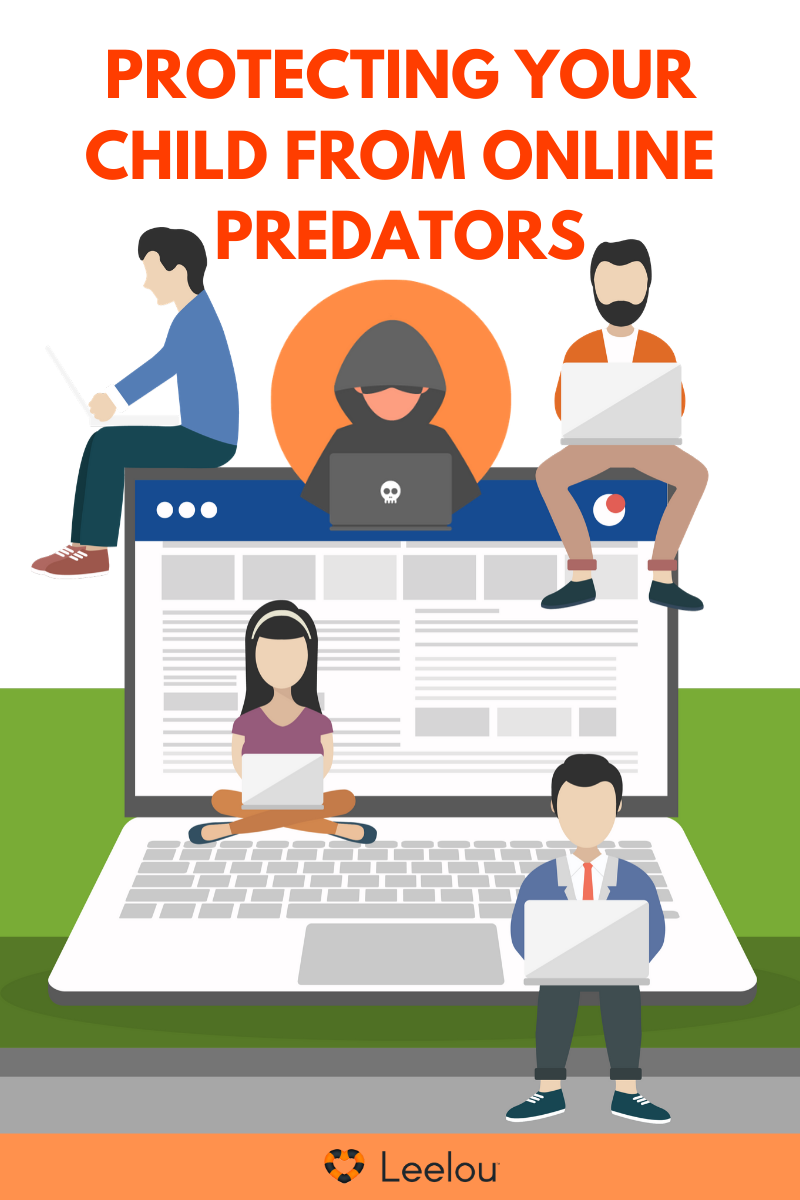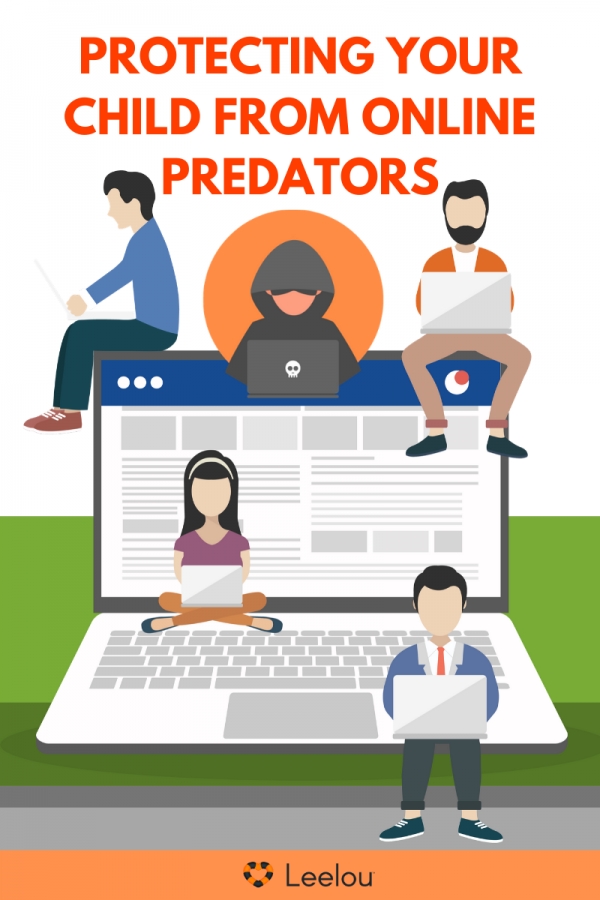
Sexual predators have found an easy access point into the lives of young people: They are meeting them online through multiplayer video games and chat apps, making virtual connections right in their victims’ homes.
Many of the interactions lead to crimes of “sextortion,” in which children are coerced into sending explicit images of themselves.
The following recommendations have been condensed and edited for clarity.
Set rules for when and how your child can interact with others online
The conversation on online safety should begin with a statement that there will be rules because a parent loves his or her children and wants to see them be safe and have the best that is in store for them.
Parents should know that they can control access and should always exert that control. Research has shown that parents who mediate online behavior have the most resilient children. It is about time online (not too much), content (age-appropriate and prosocial) and parental empowerment (access is a gift, not a right).
Spend time with your child on new games and apps
Gaining some shared experience on a new service helps you identify risks, builds trust and provides an opportunity for nonconfrontational conversations. You can find out more about different platforms by going to trusted sources, which provide useful summaries of new apps and their safety features.
Talk to your child about online safety, and listen
You can start by talking about our rights and responsibilities online. You can emphasize that online, we have an obligation to treat people well, and a right to be treated well by others.
You can brainstorm with your child the kinds of situations where they might feel unsafe, and the strategies they can use to stay safe. Set reasonable rules, but keep the conversation open so they feel comfortable coming to you if something happens that concerns them.
We’ve had situations where children have stayed silent on really major sextortion cases for months because they were already in trouble online and didn’t want to be in trouble for breaking the rules, too. Groomers and abusers rely on silence.
Encourage your child to raise any concerns with a trusted adult
Red flags that an online “friend” can’t be trusted: They tell the child to keep the relationship secret; they ask for a lot of personal information; they promise favors and gifts; they contact the child through multiple platforms and services; they initiate intimate discussions about the child’s appearance, and they insist on meeting face to face.
The first thing is for children to raise concerns with adults they trust. They should know never to send a nude image on the internet and remember they don’t have to do anything they don’t want to do. Their most common mistake is not listening to themselves when they feel uncomfortable.
Be on the lookout for warning signs of abuse
We try to avoid making children feel they are wholly responsible for their safety because if they fail, they develop significant guilt and self-blame. That being said, the most important warning signs are too much time online and angry reactions when parents put in a cease-and-desist order. Others are contacting with a “voice” they do not recognize, and contact with someone requesting inappropriate behavior, including duping their parents.
Educate your child about blocking users who make them uncomfortable
While exploring a platform or app with your children, find out how to report and block users who make them feel unsafe. Encourage them to use this option if they receive unwanted or uncomfortable contact. If the user persists, contact your local police.
Don’t blame your child if abuse arises
The first step is to remain non-judgmental and reassure your children that they are not in trouble. Groomers rely on children feeling too ashamed to tell, so it’s important to be supportive.
The most common mistake parents make is an embarrassment — being unable to create a space in their relationship with their children where it’s O.K. to discuss their emerging interest in sex. It’s really hard to talk to children about their sexuality.
Take charge as your child’s online protector. No one else will.


